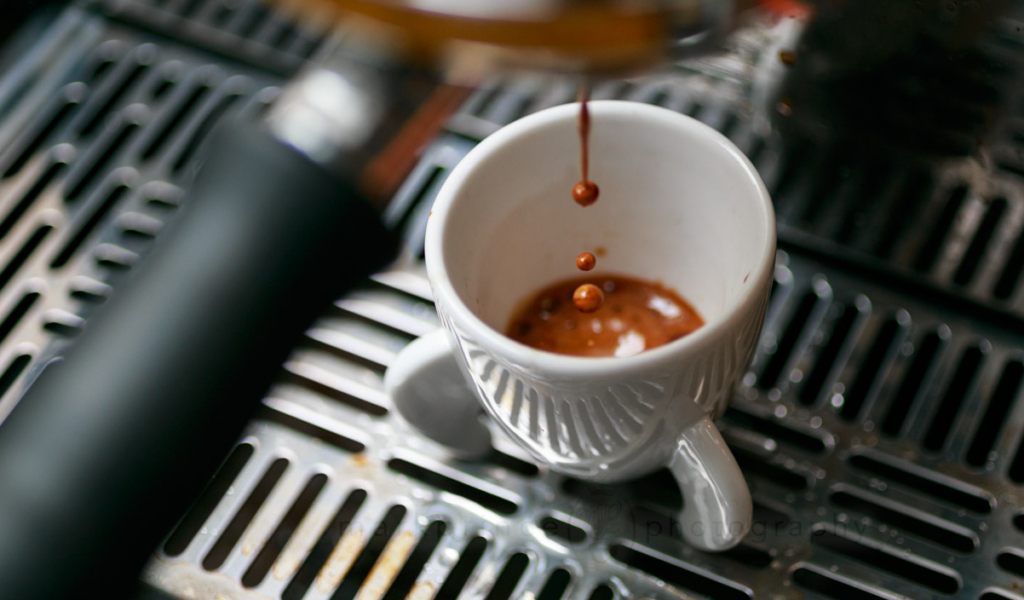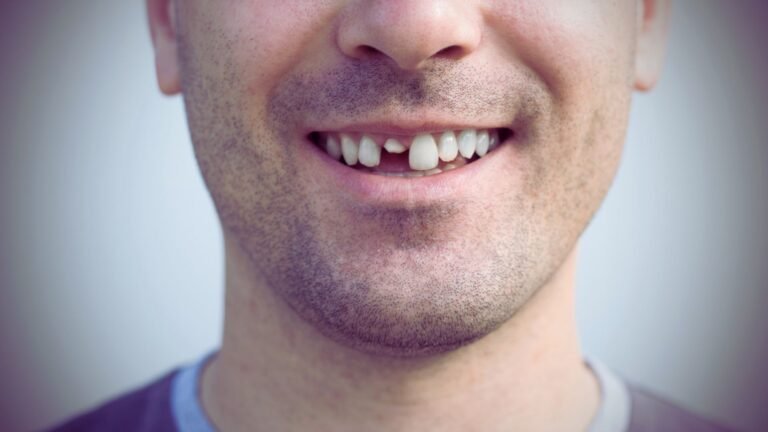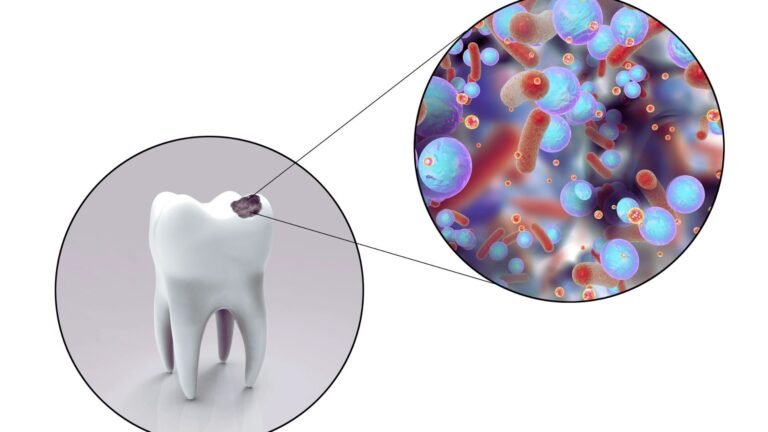Can I Drink Coffee 5 Days After Tooth Extraction?
You might be wondering if you can enjoy your favorite morning brew just 5 days after a tooth extraction, but it’s important to take into account how caffeine interacts with your healing process. While the lure of coffee can be strong, especially if it’s part of your daily routine, the risk of increased bleeding and potential complications like dry socket cannot be overlooked.
Instead of rushing back to your usual cup, why not explore some alternatives that could be gentler on your recovery? Stick around to find out more about how you can safely reintegrate coffee into your diet and what other options you could ponder in the meantime.
Understanding Tooth Extraction Recovery

After a tooth extraction, following a specific care regimen is necessary to ensure proper healing and prevent complications. Managing pain and reducing swelling are vital aspects of your post-operative care.
For pain management, you’ll likely be advised to take prescribed pain relievers or over-the-counter medications such as ibuprofen or acetaminophen. It’s important to use these medications according to the instructions provided by your dentist or oral surgeon to avoid any adverse effects. Additionally, don’t wait for severe pain before taking medication; following a scheduled dosage can more effectively manage pain.
Swelling is a natural response to surgery, and to minimize it, you should apply an ice pack to the cheek adjacent to the extraction site. This should be done intermittently—20 minutes on and 20 minutes off—during the first 24 hours after the extraction. The cold helps constrict blood vessels, which can reduce bleeding and swelling.
Effects of Coffee on Healing
During the healing process, drinking coffee can negatively impact recovery from tooth extraction by increasing the risk of complications. It’s essential to understand how coffee consumption might impede your healing process.
Here are key points to keep in mind:
- Increased Bleeding:
Coffee, particularly because of its caffeine content, can cause blood vessels to constrict and then dilate, potentially leading to increased bleeding at the extraction site. This can delay clot formation, which is crucial for healing.
- Delayed Bone Healing:
Caffeine may disrupt bone healing. Studies suggest that it inhibits new bone growth, which is a vital component of recovery after a tooth extraction.
- Enhanced Swelling and Inflammation:
Caffeine can trigger your body’s inflammatory response, potentially increasing swelling around the extraction site. This can’t only be painful but also prolong the healing time.
- Interference with Medication:
If you’re taking pain relief or antibiotics, caffeine can sometimes impact how your body absorbs and processes these medications, reducing their effectiveness and extending recovery.
It’s significant to weigh these risks and contemplate reducing your coffee intake during the initial days of your recovery to ensure a smoother and quicker healing process.
Recommended Post-Surgery Diet
Understanding the effects of coffee on healing helps highlight the importance of a thoughtfully selected post-surgery diet to promote recovery. After a tooth extraction, it’s vital that you adhere to a diet primarily composed of soft foods and liquids to avoid irritating the surgical site.
Initially, opt for cold or lukewarm foods that require minimal chewing, such as yogurt, applesauce, and smoothies. These foods help reduce the risk of aggravating the wound.
A nutrient-rich diet is crucial for your body to repair itself effectively. Include protein-rich smoothies or shakes that contain powdered milk or protein supplements to aid the healing process. Soft scrambled eggs and cottage cheese are excellent sources of protein and are gentle on your surgical site.
Additionally, make sure you’re consuming adequate vitamins and minerals through blended soups and broths that are rich in nutrients but still gentle on your mouth.
Hydration is also essential. Drinking plenty of fluids won’t only keep you hydrated but also help cleanse the mouth and reduce the risk of infection. Stick to water and avoid using a straw, as the suction can dislodge the blood clot forming in the extraction site.
Following these dietary guidelines can significantly improve your recovery and lead to successful healing.
Risks of Drinking Coffee Early

Drinking coffee soon after your tooth extraction can greatly impede the healing process. It’s essential to understand the risks associated with consuming hot beverages like coffee during the initial days following your dental surgery.
Here’s why you should consider delaying coffee and avoiding caffeine:
- Increased Bleeding: The caffeine in coffee can cause your blood vessels to constrict and then dilate, leading to increased bleeding. This can disrupt the formation of a crucial blood clot at the extraction site.
- Delayed Healing: The heat from the coffee can irritate the wound, potentially leading to inflammation and slowing down the healing process. Delaying coffee consumption gives your body a chance to heal without additional irritation.
- Risk of Dry Socket: This painful condition occurs when the protective blood clot is dislodged from the extraction site. Drinking coffee, especially through a straw, can increase the risk of developing a dry socket.
- Potential Complications: Introducing hot liquids and caffeine into your system can lead to complications such as infections or increased discomfort, which could prolong your recovery.
Safer Alternatives to Coffee
While you recover from a tooth extraction, consider choosing safer beverage options instead of coffee, like lukewarm herbal teas or diluted cold brews, to minimize complications and promote healing.
The warmth of herbal teas can offer comfort without the high temperatures that interfere with the clotting process crucial for recovery. Additionally, herbal infusions provide anti-inflammatory properties that can help reduce swelling and ease pain naturally.
Among the tea selections, chamomile is highly recommended for its calming effects, which can assist in managing post-surgical stress and promoting better sleep. Peppermint tea is another great option, known for its soothing effects on the digestive system, which can be helpful as pain management drugs may disrupt normal gastrointestinal function. It’s crucial to make sure that these teas are consumed lukewarm and not hot to prevent harming the delicate tissues in your extraction site.
For those who may miss their morning coffee routine, a diluted cold brew provides a milder alternative. The lower acidity and cooler temperature of cold brew coffee make it less likely to irritate the wound, while still offering a mild caffeine boost if completely avoiding caffeine isn’t preferred.
Always prioritize gentle consumption to support the healing process effectively.
Frequently Asked Questions
Can Coffee Disrupt Sleep Patterns After Tooth Extraction?
Yes, coffee can disrupt your sleep quality due to caffeine, which may hinder recovery post-tooth extraction. Additionally, coffee’s staining properties could compromise oral health, affecting the healing area and overall dental hygiene.
Does Coffee Stain Teeth More Noticeably Post-Extraction?
Yes, coffee consumption can increase tooth discoloration after an extraction. The exposed area is more susceptible to staining, so it’s advisable to limit coffee intake to prevent noticeable discoloration during healing.
Can Decaffeinated Coffee Affect Extraction Site Healing?
Decaf coffee’s benefits include lower caffeine, but it still may hinder your healing due to acidity and temperature. Stick to lukewarm beverages to avoid disrupti
Is Coffee-Induced Acid Reflux Harmful After Tooth Extraction?
Acid reflux caused by coffee can disrupt your sleep patterns and potentially hinder the healing process after an operation. It’s advisable to monitor your symptoms and limit coffee if reflux occurs.
How Does Sugar in Coffee Impact Tooth Extraction Recovery?
Sugar consumption can impede your healing process by promoting inflammation, while caffeine intake might disrupt recovery by affecting your sleep and blood flow. It’s best to limit both when recovering from tooth extraction.
Conclusion
To summarize, it’s important that you avoid coffee for at least 5 days post-tooth extraction to support the best healing.
Coffee can worsen bleeding and slow down recovery, raising your risk of issues like dry socket.
Instead, choose lukewarm herbal teas or diluted cold brews, which can offer comfort without interfering with the healing process.
Following this advice will assist you in steering clear of obstacles and encouraging a smoother, safer recovery period.

